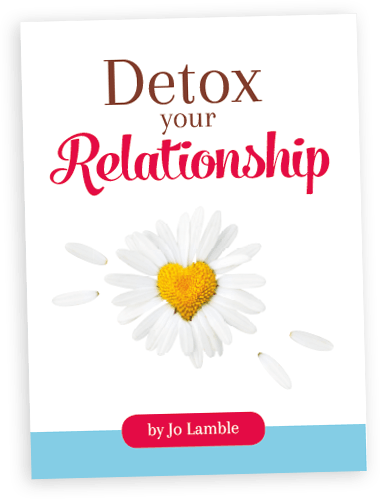 When parents think about their children becoming teenagers, they often brace themselves for a rough ride. Some parents dread their chatty primary school aged children becoming moody, secretive and monosyllabic. Others are petrified of their kids “going off the rails” by falling into the wrong crowd and being pressured into taking drugs, drinking, sneaking out and having underage sex. While these fears are understandable, the vast majority of young people go through adolescence unharmed.
When parents think about their children becoming teenagers, they often brace themselves for a rough ride. Some parents dread their chatty primary school aged children becoming moody, secretive and monosyllabic. Others are petrified of their kids “going off the rails” by falling into the wrong crowd and being pressured into taking drugs, drinking, sneaking out and having underage sex. While these fears are understandable, the vast majority of young people go through adolescence unharmed.
While it’s essential that our children know that we are against drinking and drug taking etc, to increase the chances of your child making good decisions during their teenage years, it’s important to plant some early seeds. We know that adolescents feel immortal. They find it hard to relate to long term consequences. Telling them that smoking may lead to lung cancer down the track isn’t very effective because it’s “down the track”. Warning them about the potential damage to their brains if they drink alcohol at an early age often falls on deaf ears. If we want them to listen to our warnings, we have to think about how we issue these warnings.
One approach that works quite well is listening out for opportunities to show concern for their friends. Picture this scene: Your 13-14 year old tells you that a couple of girls in their year at school were busted for smoking marijuana. Try really hard not to label these girls as bad girls. Instead, show your concern for them by saying something like: I find that so sad. What are they thinking? Why would they risk getting expelled, or becoming depressed, anxious, or even psychotic? I hope that they see sense soon. When you take this empathic approach, your child is far more likely to listen to your concerns about drug taking than they would if you go off into a tirade about how they should stay away from these girls or what will happen if you ever catch your child smoking dope.
Here’s another scenario: You hear from another mum that your 14 year old’s friends turned up drunk to a gathering. As far as you know, your child hadn’t been drinking. Instead of flying off the handle and interrogating your child as to whether they drink or not and outlining the punishment they’d receive if they were to drink, why not plant some seeds in a more subtle way? I heard from one of the mums that some of your friends turned up drunk on Saturday night. I hope they were okay. I wonder why they did that. I hope they didn’t make any other silly decisions because it’s so easy to take risks when you’re drunk. It’s easy to hook up with a mate’s girlfriend or boyfriend, or to have unwanted sex, or to become aggressive and even violent. Then add an important message: I hope that you would look out for your friends if they are drinking. Make sure that you keep them safe and stop them before they do anything stupid. Feel free to ring me any time if you are worried about a friend because of the state they’re in. Showing all this concern allows you to warn your child about the dangers of underage drinking in a way that they are more likely to hear.
In a nutshell, whenever you get a chance to issue a warning about the dangers of risky teenage behaviour, try doing it in a non-judgmental, compassionate but concerned way.
















